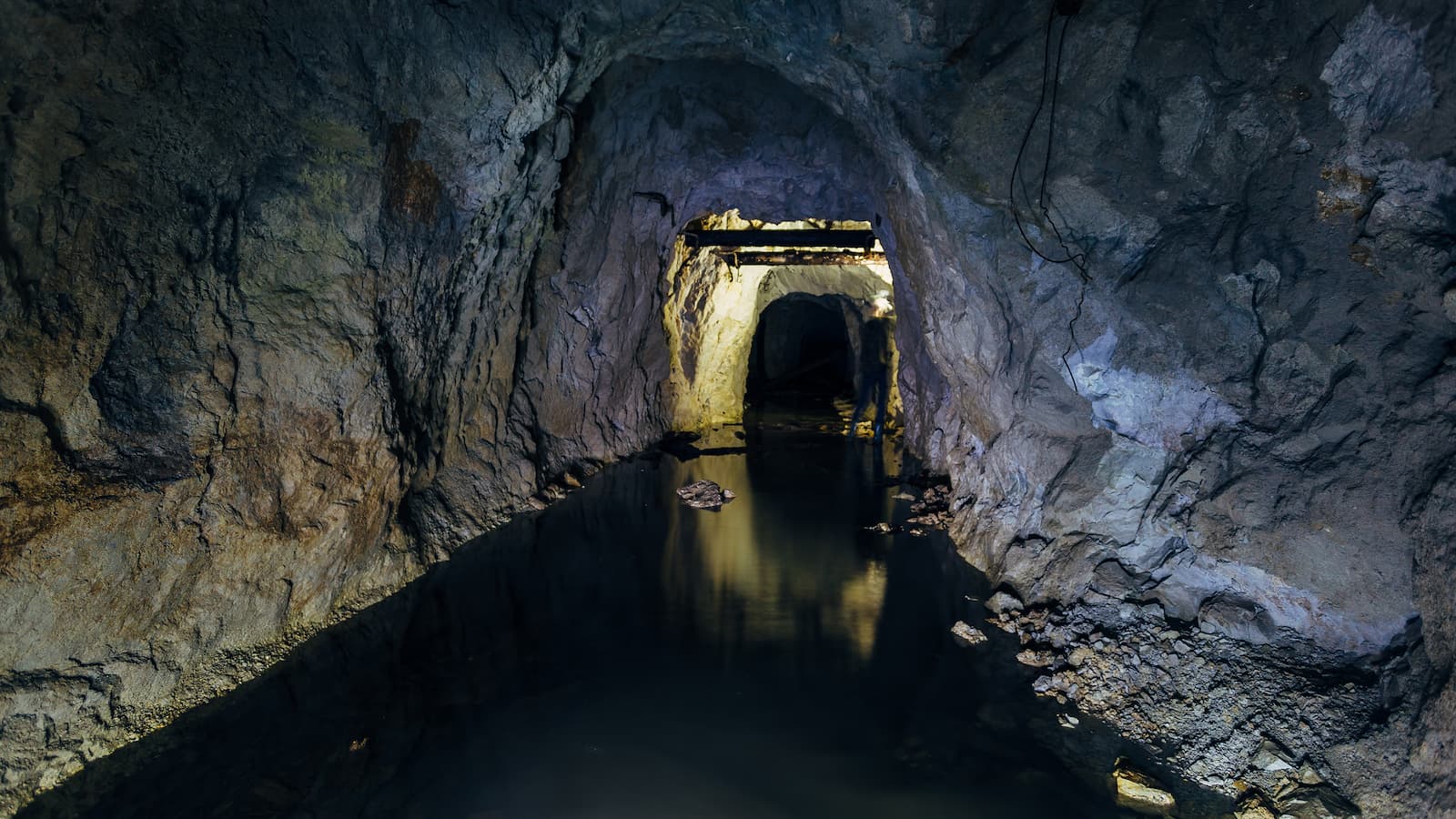Could disused coal mines be used to heat more than 6 million homes in the UK?
More than a quarter of UK homes sit on disused coal mines that store one of the UK's most underused renewable energy sources - mine water

A report from Ordnance Survey suggests six million homes in Britain could be powered by mine water from disused coal mines.
The study reveals that a quarter of UK homes currently sit on flooded coal mines that have been heated by geothermal energy underground, which can be extracted using boreholes to be converted into clean energy for UK homes.
The news has prompted some local councils to launch schemes investigating the energy potential of disused mines and tap into potentially one of the UK's most underutilised renewable energy sources.
How can disused mines be used for heating?
Mines that have remained unused for significant periods of time naturally become flooded with water, which will then become heated by geothermal energy, a form of renewable energy generated from the earth.
Using boreholes to dig deep underground this water can be extracted to the surface to be used in heat pumps to provide heating for homes.
The water can be extracted all year round without temperature fluctuations providing a consistent stream of energy.

One of UK's most underused clean energy sources
This form of energy is being trialled in the west of England to assess its applicability in heating homes following a report that suggested six million homes could be heated using this renewable energy.
Get the Homebuilding & Renovating Newsletter
Bring your dream home to life with expert advice, how to guides and design inspiration. Sign up for our newsletter and get two free tickets to a Homebuilding & Renovating Show near you.
The West of England Combined Authority (WECA), composed of the local councils of Bristol, South Gloucestershire, Bath and North East Somerset, launched a trial with the hope mine water could heat more than 100,000 homes.
Similar schemes have been launched, albeit not on this scale, such as in Cornwall where a borehole dug 5275 metres deep is being used to heat 3800 homes.
However, data from Ordnance Survey suggests that around six million homes could benefit from the heat held in unused mines with a quarter of UK homes currently sitting on abandoned, flooded coal mines.
This equates to an estimated 2 trillion litres of heated water stored underground, which the study claims makes unused mine water one of the UK's most underutilised clean energy sources.
John Kimmance, Managing Director of National Mapping Services at Ordnance, stated: "For every unit of electricity used, it [geothermal energy] can generate two to four times that in heat.
"It's a very efficient and therefore carbon-friendly way of heating. Some of these mines fuelled and powered the country over hundreds of years. It's a nice thought they could continue to do that in the future."
Mine water could help decarbonise heating
The Coal Authority, a public body sponsored by the Department for Energy Security and Net Zero, hopes this study and trial will encourage councils to launch similar schemes to help meet net zero targets.
Charlotte Adams, the Coal Authority's principal manager for mine energy said: "Nine out of 10 of our largest urban centres are above areas of former coal mining activity.
"Mine water is one of our best options to help with the decarbonisation of heating. The resource is readily available all year round at a steady temperature, and there is an abundance to be accessed.
"It'll be cheaper than gas, too, by around 10%."

News Editor Joseph has previously written for Today’s Media and Chambers & Partners, focusing on news for conveyancers and industry professionals. Joseph has just started his own self build project, building his own home on his family’s farm with planning permission for a timber frame, three-bedroom house in a one-acre field. The foundation work has already begun and he hopes to have the home built in the next year. Prior to this he renovated his family's home as well as doing several DIY projects, including installing a shower, building sheds, and livestock fences and shelters for the farm’s animals. Outside of homebuilding, Joseph loves rugby and has written for Rugby World, the world’s largest rugby magazine.
